Perhaps there are some companies whose main business is to search foreign websites online, and then they find some brands that have been used abroad and sometimes have obtained high reputation aboard, but they have not entered the Chinese market and were not filed in China. Then, these companies file applications for registration for these marks in China and finally got registrations for them. When these real right holders plan to enter the Chinese market and began to file trademark applications for their brands, but unfortunately they receive official notification of refusal, by citing these previous registrations filed by the rush-registrants.
A client of Kangxin was one of the "victims" of these bad filings. One Beijing based company applied for nearly 400 trademarks (some of its registrations have been transferred to the real owners), covering more than 30 classes. The company's main business is "enterprise planning, market research", etc. according to the online company registration data base. Its registered trademarks are various, covering the cosmetics industry, chemical industry, pharmaceuticals, computer electronic products, medical devices, household appliances, automobiles, jewelry, stationery, leather goods, furniture, daily necessities, clothing, toys, food and beverage, advertising industry, financial industry, construction industry, transportation industry, catering industry... It is hard to imagine that such a small-scale company could have such a wide demand for trademarks. Perhaps it needs to make trademark layout in advance? Is this really the truth? Let's take a closer look at the trademark applied by the company:
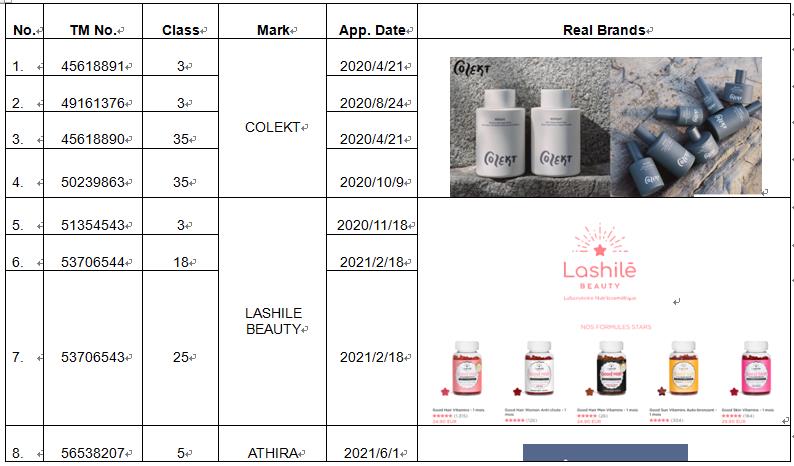
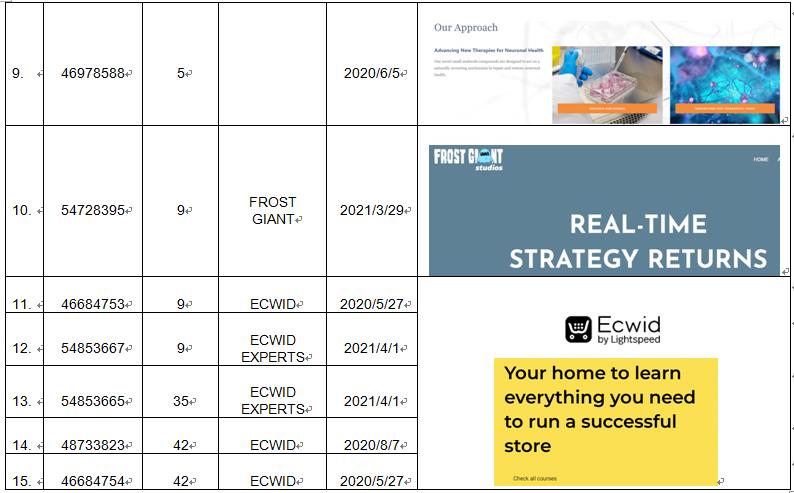
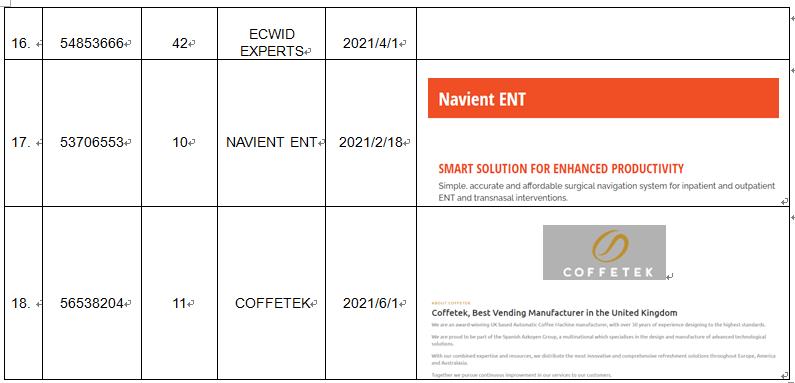
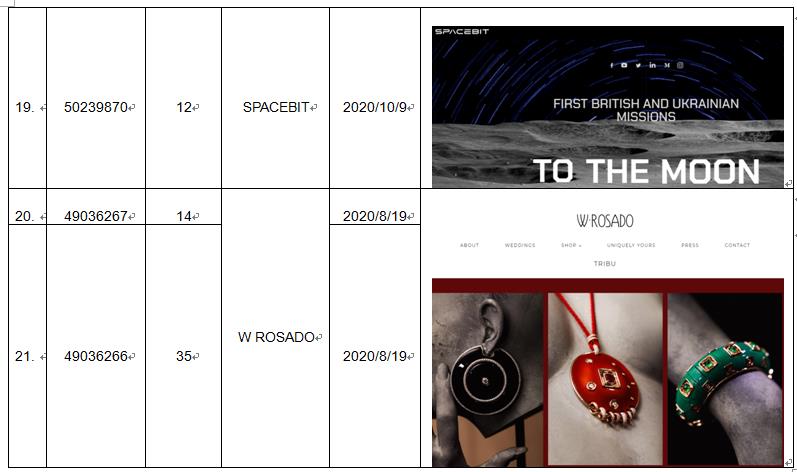
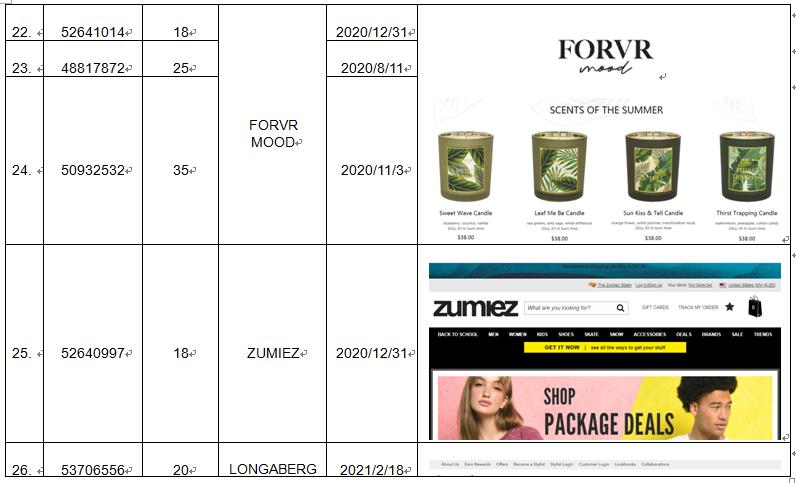
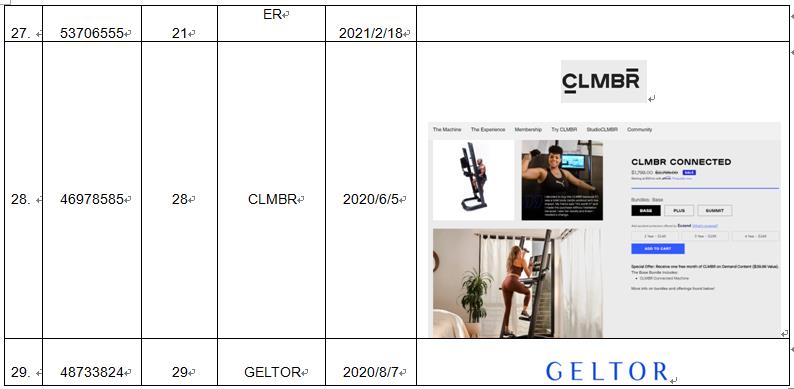
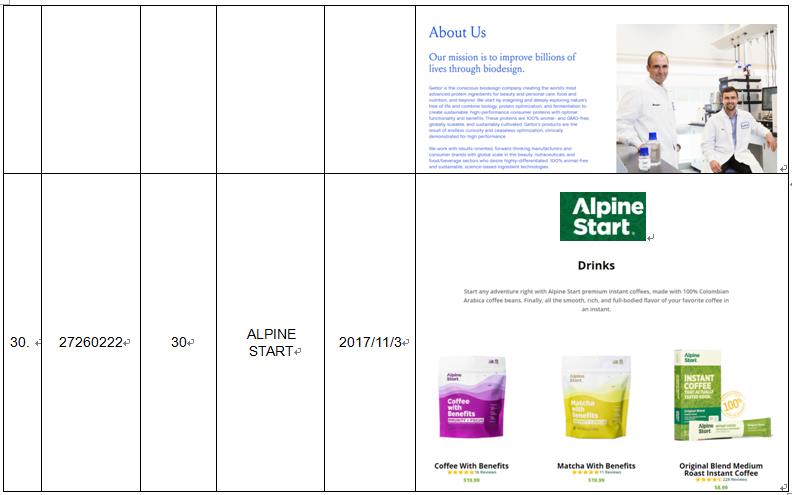
The client filed an opposition action against one of its marks. Fortunately, the CNIPA holds that "The opposed party has applied for registration of several trademarks that are identical or similar to the previous trademarks of others, such as ecwid, klaviyo, ntwrk, etc. the opposed party has not made a reasonable explanation of his intention to apply for the registration of the trademark and the origin of the creation of the opposed mark in this case. This Office holds that the opposed party has an obvious intention to copy and imitate others' trademarks, which not only disrupts the normal trademark registration order, but also violates the trademark law and the legislative spirit of prohibiting the acquisition of trademark registration by deception or other improper means."
Through the above case and facts, we see that the CNIPA has taken greater efforts in rejecting bad faith trademark filings; they are more aggressive and are investing more comprehensive investigation in examining cases involving malicious applications than in the past, which not only greatly saves the cost of right protection for the real owners, but also effectively upholds the principle of good faith and fairness in trademark applications. We should thumb up for the new measures of the CNIPA.